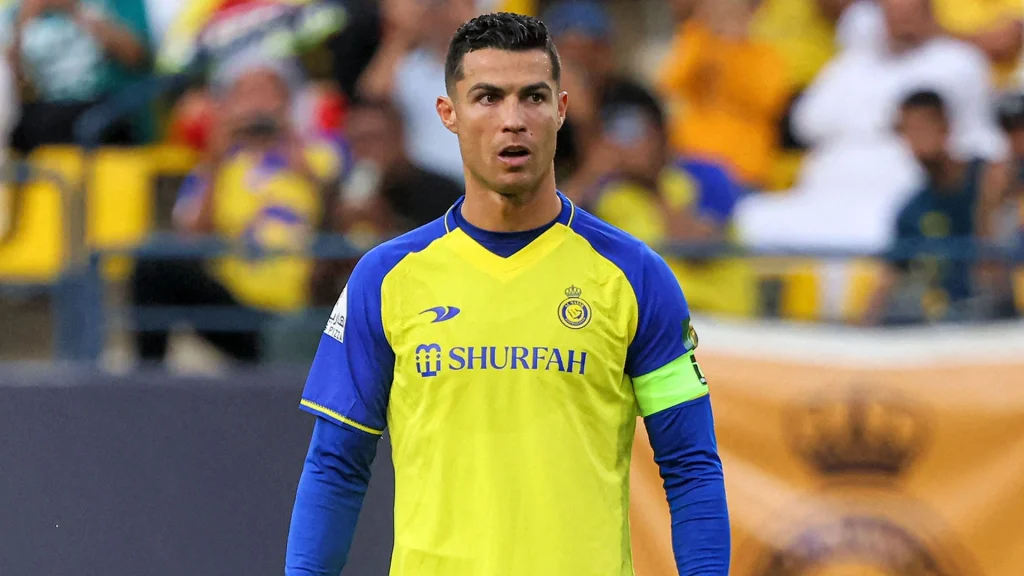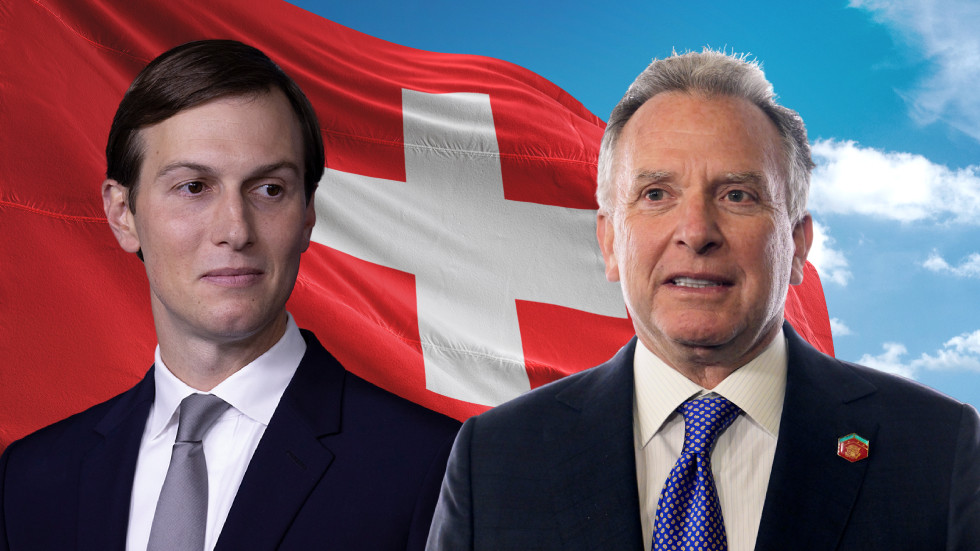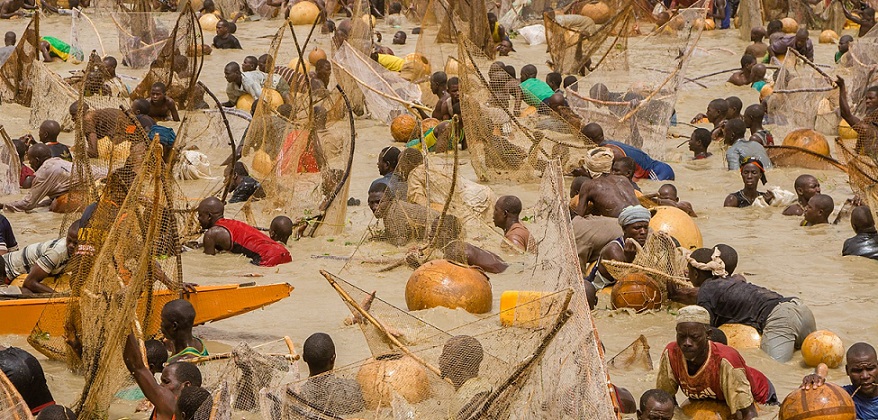A recently evicted contestant from Big Brother Naija Season 10, Ibifubara, has voiced frustration over her limited visibility on the popular reality TV show. Speaking candidly in an interview with Arise TV, the housemate claimed her lively contributions and entertaining moments were largely omitted from broadcasted episodes, leaving viewers with an incomplete picture of her experience.
Ibifubara, whose eviction marked the season’s first double elimination alongside fellow contestant Danboskid, emphasized the logistical hurdles of standing out in a crowded house of 29 participants. “I brought a lot of fun and energy, but those parts didn’t make it to air,” she said. Reflecting on post-eviction reviews of footage, she added, “I’m looking through it all now and thinking, ‘Where are the clips?’ I wish audiences had seen more of what I offered.” Her comments underscore a recurring tension in ensemble reality formats, where editing choices inevitably prioritize certain narratives over others.
The Nigerian adaptation of the global Big Brother franchise, known for its dramatic clashes and high-stakes competition, awards a grand prize of ₦150 million (approximately $180,000). With 27 contestants remaining, the show continues to dominate pop culture conversations across Africa. Ibifubara’s remarks have reignited debates among fans about how production decisions shape public perception of housemates, particularly in seasons with large casts.
While producers have not publicly responded to her claims, industry analysts note that time constraints and storytelling priorities often lead to uneven screen time. For participants like Ibifubara, the gap between lived experiences and televised portrayals remains a poignant reality of reality TV’s curated nature. The incident highlights broader questions about authenticity in unscripted entertainment, where every smile, argument, or quiet moment is filtered through the lens of editorial discretion.



